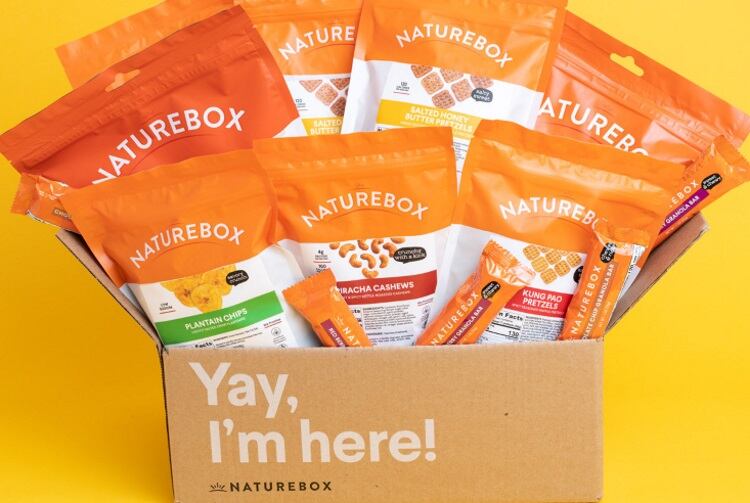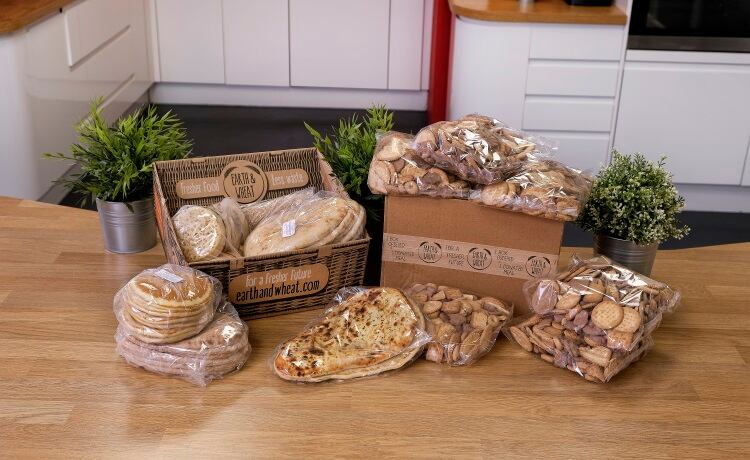“I’ll be very honest: snack boxes or snack subscription services is not a big thing in Japan,” Alex T Nomura, COO of Ichigo Inc., tells Bakery&Snacks.
“There are a few companies that have started their business, but it’s only very recent.”
However, Ichigo is flying high on the back of the subscription business model.
The parent company of two of the country’s most successful snacks subscription services, Nomura admits that 99% of their consumers are not based in Japan.
“Our corporate mission is to spread Japanese culture across the world,” he explains.
“We believe Japan has so much to offer and we are looking to create value outside Japan. Our target market will [always] be non-Japanese people who are also potentially looking to travel to Japan.”
Move fast and break things
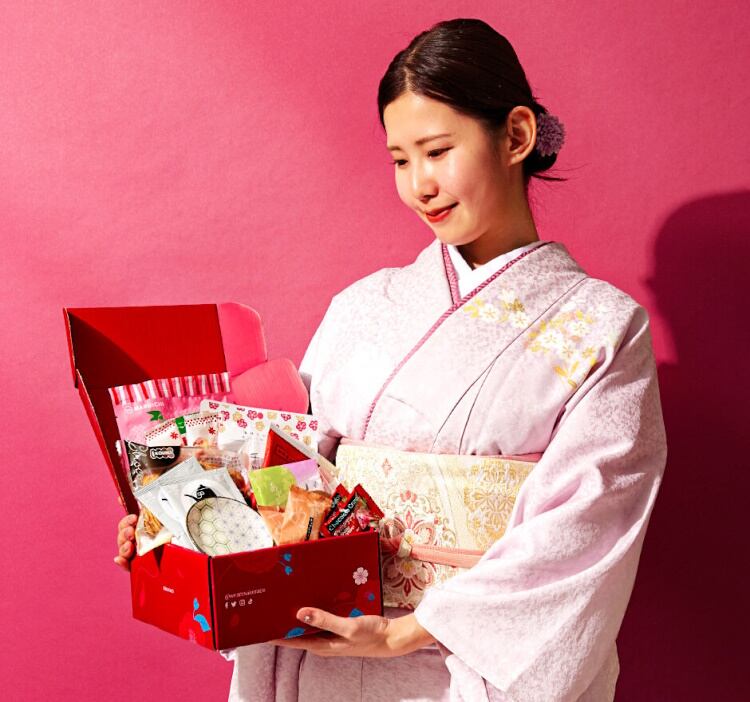
Established in 2015, Ichigo began life as Move Fast.
“This comes from Mark Zuckerberg’s now-famous motto, ‘Move fast and break things’. Back then, the company’s founders were inspired by the idea of giving things a try. If it doesn’t work, move on,” says Nomura.
While fully embracing the subscription concept, Ichigo was actually founded to showcase Japan’s unique products.
“The original idea was sparked when our CEO noticed international travelers carrying around bags of shopping, be it snacks or electronics.”
The common thread was “their mission to buy stuff from Japan. There’s a big demand for Japanese goods. So, then the question was, why the subscription business model? This is also by coincidence. Our business started around the time when the Dollar Shave Club and Blue Apron really started to succeed. So we were inspired: maybe we can put these concepts together and see how it goes.”
He adds, “that culture still remains, but we recently changed our company name to Ichigo because Move Fast wasn’t resonating in the Japanese market.
“Ichigo means strawberry in Japanese – that’s where our corporate logo comes in – but it also comes from a Buddhist saying, which generally means to cherish every moment.
“Enjoy it because there will never be the same moment. And that’s the kind of experiences we want to deliver to people all over the world.”
The silver lining of COVID
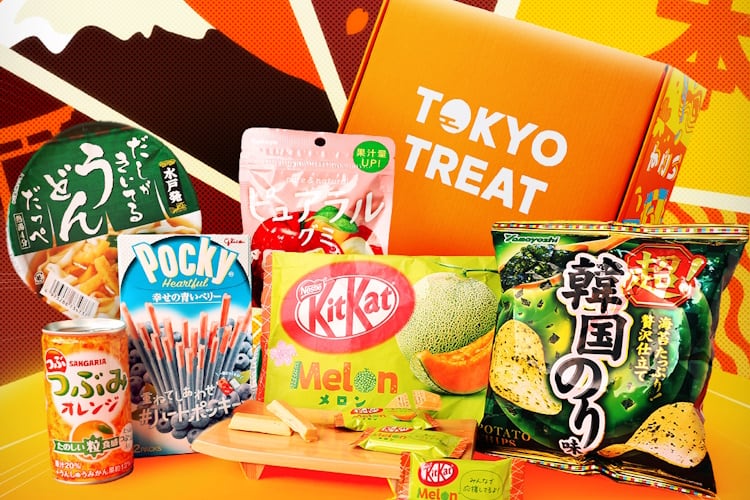
TokyoTreat was the company’s first offering, followed by Sakuraco in February 2021.
“It was released right in the midst of when the whole world was still dealing with COVID,” says Nomura, noting the pandemic actually spiked the company’s fastest growth.
“I think this was true for ecommerce businesses in general. It was also a time when our ads were really resonating. People wanted to travel and we’d branded ourselves as delivering a little piece of Japan through snacks.”
The Tokyo-based company has several other non-food subscription businesses, including Yumetwins (anime character goods) and Nomakenolife (Japanese and Korean cosmetics). Moving forward, Nomura hinted at a sake subscription service, but it’s still early days.
Proudly Japanese
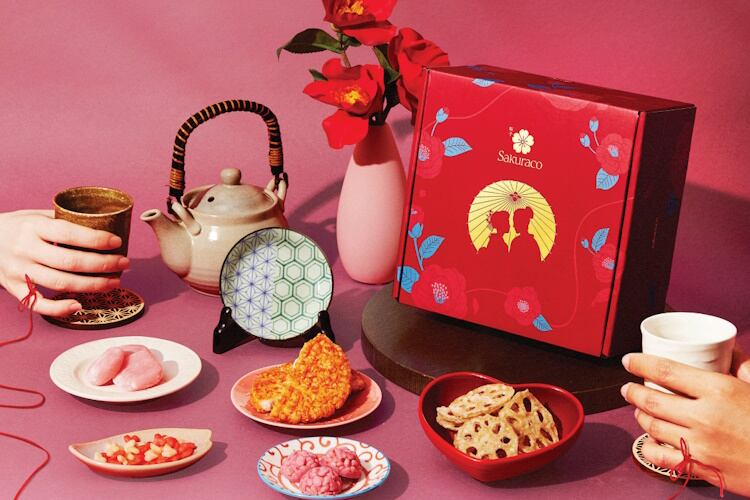
Theming the monthly subscription box is “extremely important for us,” Nomura tells this site.
“People subscribe to our boxes because they want enjoyment. They want joy. They want some new discovery and therefore I think having these themes and making them exciting is a key factor and the value that we are providing.
“We’re not just delivering the snacks but trying to deliver experiences. With COVID now over, we are seeing new records of tourists coming to Japan, but for whatever reason – whether it’s budget or time – some cannot make it here.”
As such, “we focus on different areas in Japan – Tokyo, Kyoto, Osaka – all these cities have different things to offer. We also focus on the little local establishments, confectionery shops and local producers, along with themes that revolve around national holidays, and put these in a box together with a brochure to give more cultural background and significance to the holiday.
“All this, put together, is the whole experience that we're trying to deliver,” says Nomura.
Apart from producer suppliers, Ichigo has built a network of government partnerships, which helps in getting referrals for the snack boxes – not an easy task in curating.
“Sometimes we cold call on these places to gauge their interest to showcase their products overseas, but we get a lot of referrals from local governments and local banks who are in business with local producers,” says Nomura.
“We have to be careful of the shelf life of these products, so although some are great products, maybe it doesn't match the box. But all in all, we want to promote these mom-and-pop shops because these are also items that you cannot get anywhere else. And that’s where the value is.”
The nation’s hate of waste
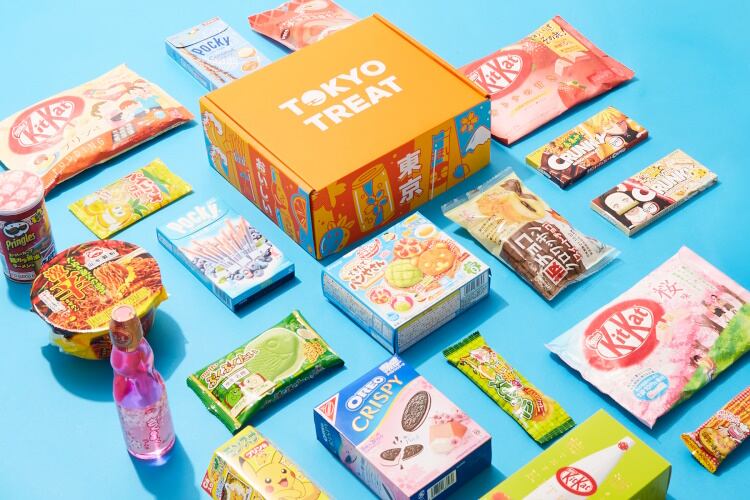
The value also lies in the company’s passion in sustainability.
“One of the sustainability areas would be, again, in supporting local businesses,” he tells us, adding that, more importantly, it aligns to the centuries-old Japanese philosophy of ‘mottainai’ – of respecting resources and reducing waste.
“Japanese people do not like waste,” says Nomura.
“Working with mom-and-pop shops means we are very precise on the number of orders we order to assure that we minimize our waste.”
Thankfully, though, there’s also a market for any excess product the company might inadvertently order.
“We have a snack rescue box – not a subscription, but available on our website – that we put together of items that may have, let’s say, a lesser shelf life remaining. For people who don’t mind these things, it’s a great deal.”



